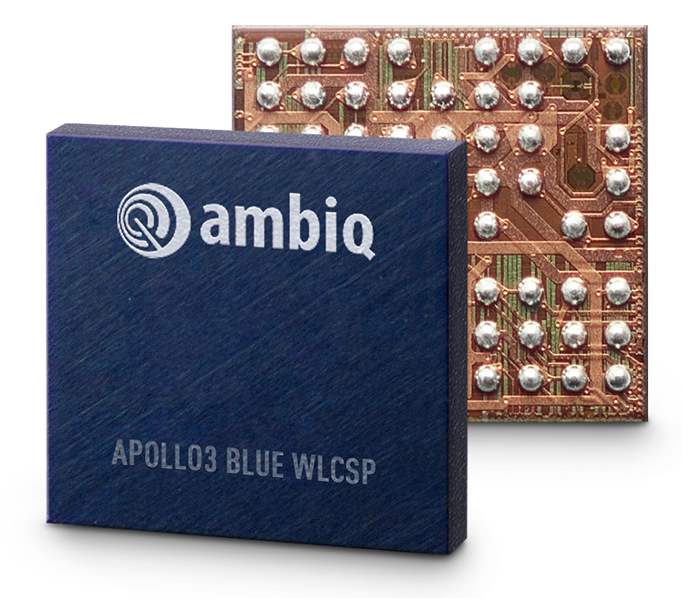A handheld videogame console is allowing indefinite gameplay may be a parent’s worst nightmare. But it is not a toy! It is a scientific tool developed by researchers from TU Delft (the Netherland) and Northwestern University (Illinois, USA). They decided to push the boundaries of battery-less intermittent computing into the realm of fun and interaction. It is also another step towards a sustainable future.
Intermittent computing is about resilience. It allows billions of low-power Internet of Things devices to discard their battery in favor of energy harvesting, ensuring proper operation under conditions with up to a hundred power interruptions per second. Such intermittent operation comes with a lot of challenges – memory consistency and accurate timekeeping, to name a few. And, so far, it has been successfully applied to tiny sensors for scientific use. But that is not where the fun ends.
A Solar and User-Powered Game Boy™

As a first investigative step towards consumer applications, the researchers have created a battery-less and failure-resilient clone of the 8-bit Nintendo Game Boy, one of the most popular handheld gaming consoles of all-time. Their energy-aware gaming platform (ENGAGE), build around Ambiq Apollo3 Blue Arm® Cortex® -M4 SoC, has the size and form factor of the original Game Boy while being equipped with a set of solar panels attached to the front of the chassis. Button presses by the user are the second source of energy. Most importantly, it provides full emulation of the Game Boy processor. Although this solution requires a lot of computational power, and therefore energy, it allows any popular retro game to be played straight from its original cartridge.
No More Traditional Save Games
To ensure an acceptable duration of gameplay between power failures, the researchers had to design the system hardware and software from the ground up to be energy-aware as well as very energy efficient. They also developed a new technique of storing the system state in non-volatile memory, minimizing overhead and allowing quick restoration when power returns. No more need for save games as seen in traditional platforms, as the player can now continue gameplay from the exact point of the device fully losing power – even if it is mid-jump in a platform game such as Super Mario Land.
Lights-on, Sound-off

On a not too cloudy day, and for games that require at least moderate amounts of clicking, gameplay interruptions typically last less than one second for every ten seconds of gameplay. The researchers find this a playable scenario for some games – including Chess, Solitaire, and Tetris – but certainly not yet for all (action) games. When light conditions worsen, so does user experience. User immersion is also compromised as the games lack sound. ‘How to make sound enjoyable despite power interruptions is an open research question,’ says Jasper de Winkel, one of the researchers.
Raising Awareness
There is still a long way to go before state-of-the-art 21st-century handheld game consoles will become battery-free. The ENGAGE platform is only the first step in this direction. Beyond being a fun toy, it has mainly been developed to raise awareness as, next to sound, there are many other open issues when applying intermittent computing to the domain of continuous user attention and user interaction. The platform can also serve as a tool for studying the interactive behavior of people with intermittent systems. But most of all it has been developed in an effort to reduce our society’s reliance on batteries further. Batteries are costly and environmentally hazardous and they must eventually be replaced to avoid the entire device ending up at the landfill. Whereas gaming reduces people’s stress and boredom, intermittent computing helps reduce gaming’s environmental impact.
About the Authors
Jasper de Winkel and Vito Kortbeek are Ph.D. students at the Embedded and Networked Systems Group of the Delft University of Technology. Joshiah Hester is an Assistant professor at Northwestern University, leading Ka Moamoa – a research lab exploring energy-efficient computing in the context of global-scale applications. Przemyslaw Pawelczak is an assistant professor at the Delft University of Technology, leading TU Delft’s Sustainable Systems Laboratory devoted to energy-autonomous embedded systems. All authors can be reached via https://www.jasperdewinkel.com/, https://www.vitokortbeek.com/, https://www.josiahhester.com/, and https://www.pawelczak.net/
Note: The paper describing ENGAGE in detail is freely-accessible via https://doi.org/10.1145/3411839 and the ENGAGE source code is accessible via https://github.com/tudssl/engage.
See Related Article: Battery-Free, Energy-Harvesting Perpetual Machines: The Weird Future of Computing

